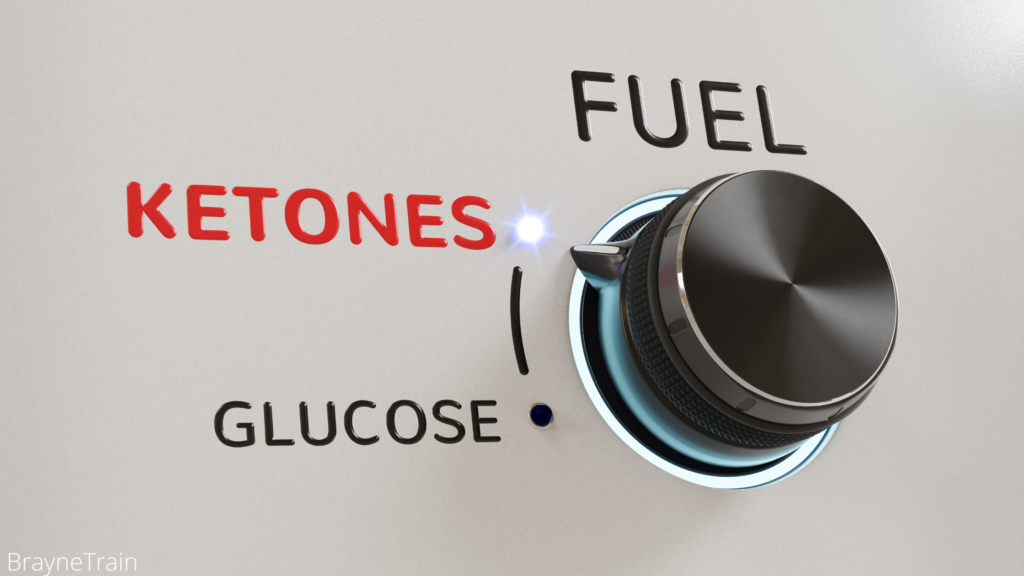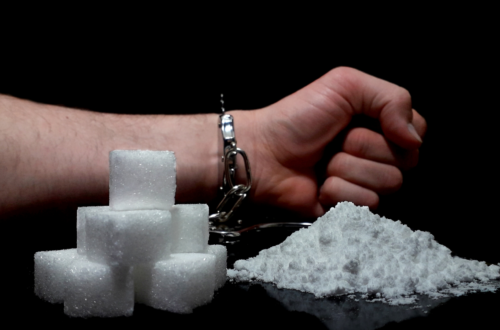
Monk Fast; how a 36-hour fast can help you lose weight quickly.
Have you heard of Monk Fasting, but are not sure what it means?
It’s actually just a different version of alternate-day fasting.
Monk fasting takes alternate-day fasting a step further by completely eliminating all food for 36 hours during your fasting period.
Numerous studies have shown that after 24 hours of fasting, the demand for fat burning to create energy is dramatically increased. Therefore, you can get the maximum weight-loss result from a fast that lasts longer than 24 hours.
Intrigued? continue reading to find out more!

What is a Monk Fast?
Monk fast is a 36-hour, once-a-week fast that is a usual practice for monks that follow the Monastic code, the Vinaya. It is designed to help them clear their mind.
A 36-hour fast has excellent health benefits including weight loss and improved cognitive function.
During a longer fast, after about 16 hours, the body utilizes more energy from gluconeogenesis because it runs out of glucose.
Gluconeogenesis is a biochemical process that allows the body to produce energy from non-carbohydrate sources, such as fats and proteins.
The process occurs in the liver and kidneys. It is essential for maintaining blood sugar levels during periods of fasting or starvation.
To learn more about a 16-hour fast and its benefits, click here.

What are the Health Benefits of a Monk Fast?
Ketosis
A monk fast results in faster ketosis and elevated ketone levels.
Ketosis is a metabolic state characterized by elevated levels of ketone bodies in the blood.
Ketosis occurs when the body is deprived of carbohydrates, such as during fasting or a low-carbohydrate diet like keto.
During ketosis, the body switches its energy source from sugar to fat. It then breaks down stored fat for energy, resulting in the production of ketone bodies.
Studies have shown that ketone levels can double in number between 15 and 20 hours of fasting.
Ketones have many health benefits, including weight loss, reducing inflammation, improving heart health, and preventing cancer.

Weight loss
Fasting has been shown to be an effective weight-loss tool in several studies.
A 36-hour fast, once per week, can result in effective fat-loss.
Numerous studies have shown that after 24 hours of fasting, the demand for fat burning to create energy is dramatically increased.
Therefore, you can get the maximum fat-burning effect from fasting longer than 24 hours.
In addition, a 36-hour fast provides you with additional time to burn the fat through ketosis.

Improved Cognitive function
Fasting can have a positive impact on brain function.
When you fast, your body goes into survival mode. It starts to conserve energy, which includes ramping up synaptic activity in the brain in order to make the most of limited resources.
In other words, when you are fasting, the brain goes into hyperdrive, sharpening up in response to the fight or flight mode.
This makes sense from an evolutionary perspective. For the hunter-gatherers, periods of food scarcity were not uncommon.
Those who could think more clearly and make better decisions would have been more likely to survive and pass on their genes.

Anti-aging
Fasting longer than 24 hours has excellent anti-aging effects.
Autophagy is the process by which the body breaks down and recycles old and damaged cells.
This process is essential for maintaining vitality and preventing age-related diseases.
Autophagy occurs naturally when you fast, as the body is forced to break down stored nutrients for energy.
Fasting also helps to reduce inflammation and improve insulin sensitivity, both of which are linked to the aging process.

Lower Blood Sugar
Fasting is a great way to lower your blood sugar.
When you fast, your body is forced to use up stored glucose, which helps to lower your blood sugar levels.
Additionally, fasting helps stimulate insulin production, which further helps lower blood sugar levels.
Finally, fasting helps to increase sensitivity to insulin, which means that your body can lower blood sugar levels in response to insulin much more efficiently.
As a result, fasting is an effective way to lower blood sugar and get rid of insulin resistance.
To learn more about insulin resistance and how you can get rid of it, click here.
How to start Monk Fasting?
If you are new to fasting, it’s best to start with a shorter fast, such as the 16:8 (time-restricted) fast.
Gradually increase your fasting time to 18 hours and then 24 hours.
Once your body has adjusted to a 24-hour fast or OMAD, you can try fasting for 36 hours and only once per week. Do not overdo fasting, stay mindful.
Do not practice a fast longer than 24 hours too frequently.
To learn more about intermittent fasting, click here.
Disclaimer: If you have any medical conditions, check with your doctor before starting any type of fast.
Takeaway
If you’re looking for a way to jumpstart your weight loss or just want to improve your health, a monk fast may be the perfect solution for you. Not only will you lose weight quickly, but you’ll also enjoy a wealth of other benefits that come with this type of fast. Thank you for reading!
References:
- Balance EO. Kinetics of ketone body metabolism in fasting humans. Metabolism. 1979 Jan;28(1):41-50. doi: 10.1016/0026-0495(79)90166-5. PMID: 759825.
- Ulrick Espelund, Troels Krarup Hansen, Kurt Højlund, Henning Beck-Nielsen, Jes Thorn Clausen, Birgit Sehested Hansen, Hans Ørskov, Jens Otto Lunde Jørgensen, Jan Frystyk, Fasting Unmasks a Strong Inverse Association between Ghrelin and Cortisol in Serum: Studies in Obese and Normal-Weight Subjects, The Journal of Clinical Endocrinology & Metabolism, Volume 90, Issue 2, 1 February 2005, Pages 741–746, https://doi.org/10.1210/jc.2004-0604
- Zhang H, Tang K, Ma J, Zhou L, Liu J, Zeng L, Zhu L, Xu P, Chen J, Wei K, Liang X, Lv J, Xie J, Liu Y, Wan Y, Huang B. Ketogenesis-generated β-hydroxybutyrate is an epigenetic regulator of CD8+ T-cell memory development. Nat Cell Biol. 2020 Jan;22(1):18-25. doi: 10.1038/s41556-019-0440-0. Epub 2019 Dec 23. PMID: 31871320.



